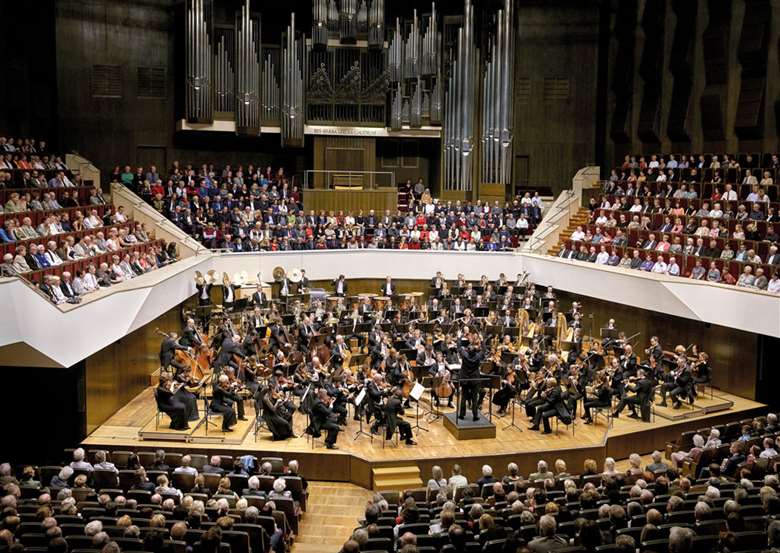Orchestra insight: Leipzig Gewandhaus Orchestra
Andrew Mellor
Tuesday, September 4, 2018
One of the world's great orchestras, profiled by Andrew Mellor

Register now to continue reading
Thanks for exploring the Gramophone website. Sign up for a free account today to enjoy the following benefits:
- Free access to 3 subscriber-only articles per month
- Unlimited access to our news, podcasts and awards pages
- Free weekly email newsletter








